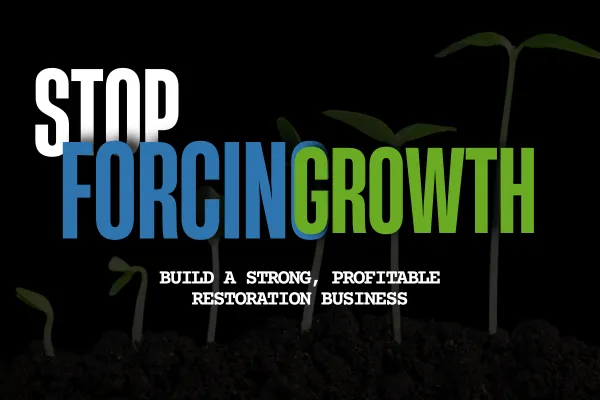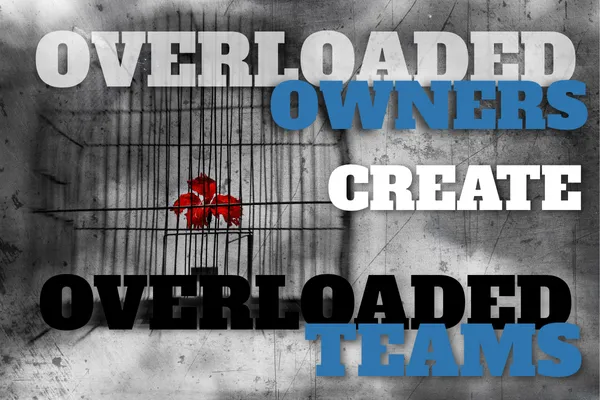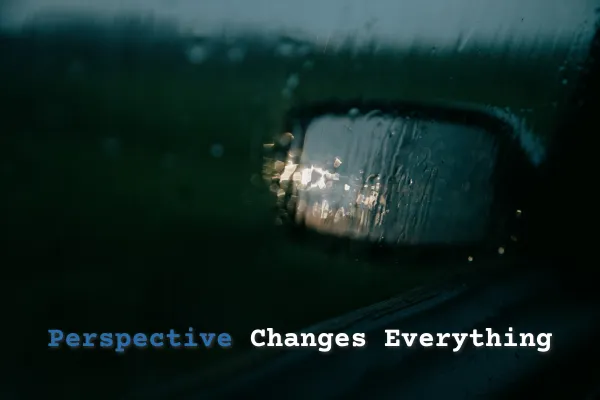Join over 2k Restoprueners™️
Structure, systems, and coaching to scale your restoration company into a life asset. **NOTE - we are migrating our blog platform. We will have all of our blogs here SOON!**
Restoration Advisers Blog
Stop Forcing Growth. Build a Strong, Profitable Restoration Businesses
New Blog Post DescriptionStop forcing growth. Learn how restoration owners build stronger, more profitable companies by planting clear foundations, installing systems, and letting growth follow instead of chasing it.
How to Lead Your Restoration Team Without Micromanaging
Restoration owners get stuck doing everything themselves. Learn how outcomes-based leadership helps you stop micromanaging, develop leaders, and regain your time.
How Restoprueners™️ Get Stuck in Empathy & Overload
Restoration teams stay stuck at 60% when owners rely on empathy and control. Discover how the 4D Mix breaks decision overload and rebuilds true leadership.
Black Pages, White Ink: A Mindset Shift Every Restoration Business Owner Needs
Most restoration owners are too close to the chaos to see clearly. Learn how stepping back, reflecting on mistakes, and leading with conviction helps restoration entrepreneurs turn experience into growth.





